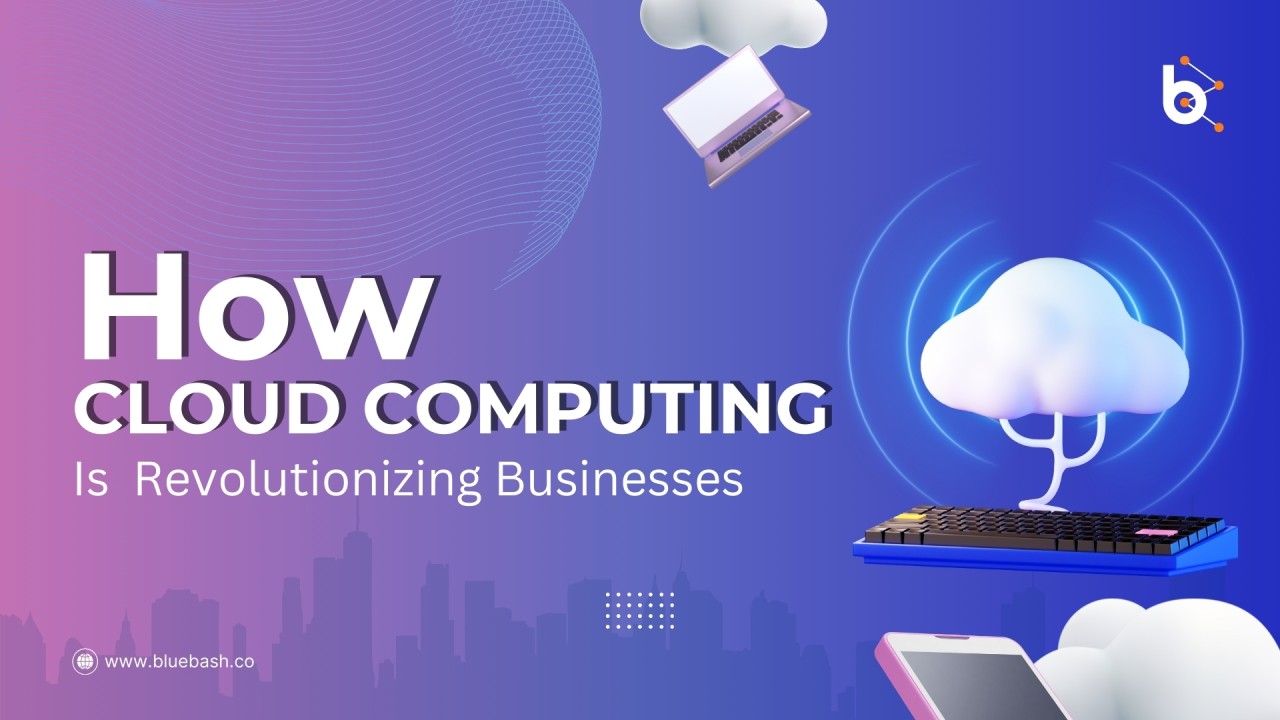
How Cloud Computing is Revolutionizing Businesses: Benefits, Challenges, and Key Insights
In today’s digital-first business world, cloud computing has become a crucial foundation. It enables companies of all sizes to scale, streamline operations, and achieve cost-efficiency with ease. From small startups to multinational corporations, the shift from on-premises IT infrastructure to cloud-based systems is revolutionizing business dynamics.
In this article, we’ll cover the fundamentals of cloud computing, explore its benefits and challenges, and understand why it’s indispensable in the digital era.
What is Cloud Computing?
At its core, cloud computing involves delivering various computing services over the internet, allowing businesses to access shared pools of resources, such as applications and storage, without managing physical infrastructure. Key service models include:
Infrastructure as a Service (IaaS)
Provides virtualized resources like storage, virtual machines, and networking. Companies can easily scale up or down to match their current business demands.
Platform as a Service (PaaS)
A platform where developers can build, test, and deploy applications without managing the underlying infrastructure.
Software as a Service (SaaS)
Delivers cloud-based applications accessible via subscription, eliminating the need for local installation.
Function as a Service (FaaS)
Also known as serverless computing, FaaS enables businesses to run functions in the cloud without managing servers.
Benefits of Cloud Computing
Cost Efficiency One of cloud computing’s greatest advantages is its cost savings. Companies no longer need extensive physical infrastructure, reducing overhead and enabling a “pay-as-you-go” model—particularly beneficial with IaaS.
Scalability and Flexibility Cloud services offer unmatched scalability, adjusting resources to meet demand in real-time. This adaptability is vital for businesses experiencing peak seasons, growth phases, or sudden traffic spikes.
Enhanced Collaboration Cloud-based tools allow team members worldwide to collaborate seamlessly on projects, boosting productivity and enabling real-time teamwork.
Improved Security Top cloud providers implement robust security measures, including data encryption, identity management, and compliance certifications, which help businesses protect sensitive data and comply with industry regulations.
Disaster Recovery and Business Continuity With reliable backup and disaster recovery systems, cloud computing helps companies minimize downtime and maintain business continuity in case of disruptions.
Challenges of Cloud Computing
While cloud computing offers significant benefits, businesses should address the following challenges:
Security and Privacy Concerns Storing sensitive data in the cloud raises concerns about data breaches and unauthorized access. Organizations must prioritize robust security and compliance measures.
Downtime and Reliability Even top cloud providers may face outages. Companies should prepare contingency plans to minimize potential downtime.
Vendor Lock-in Relying on a single cloud provider can reduce flexibility, making it challenging and costly to switch providers or adopt new technologies.
Compliance and Legal Considerations Many industries have strict regulations governing data storage and processing. Companies must ensure their chosen providers comply with these standards to avoid legal complications.
Conclusion
Cloud computing has transformed business operations, offering scalability, flexibility, and cost savings. By embracing cloud technology, companies can streamline processes, enhance collaboration, and scale more effectively. However, businesses should address security, compliance, and potential downtime challenges proactively.
In an increasingly digital world, cloud computing is no longer optional—it’s essential for fostering innovation, staying competitive, and unlocking new growth opportunities.